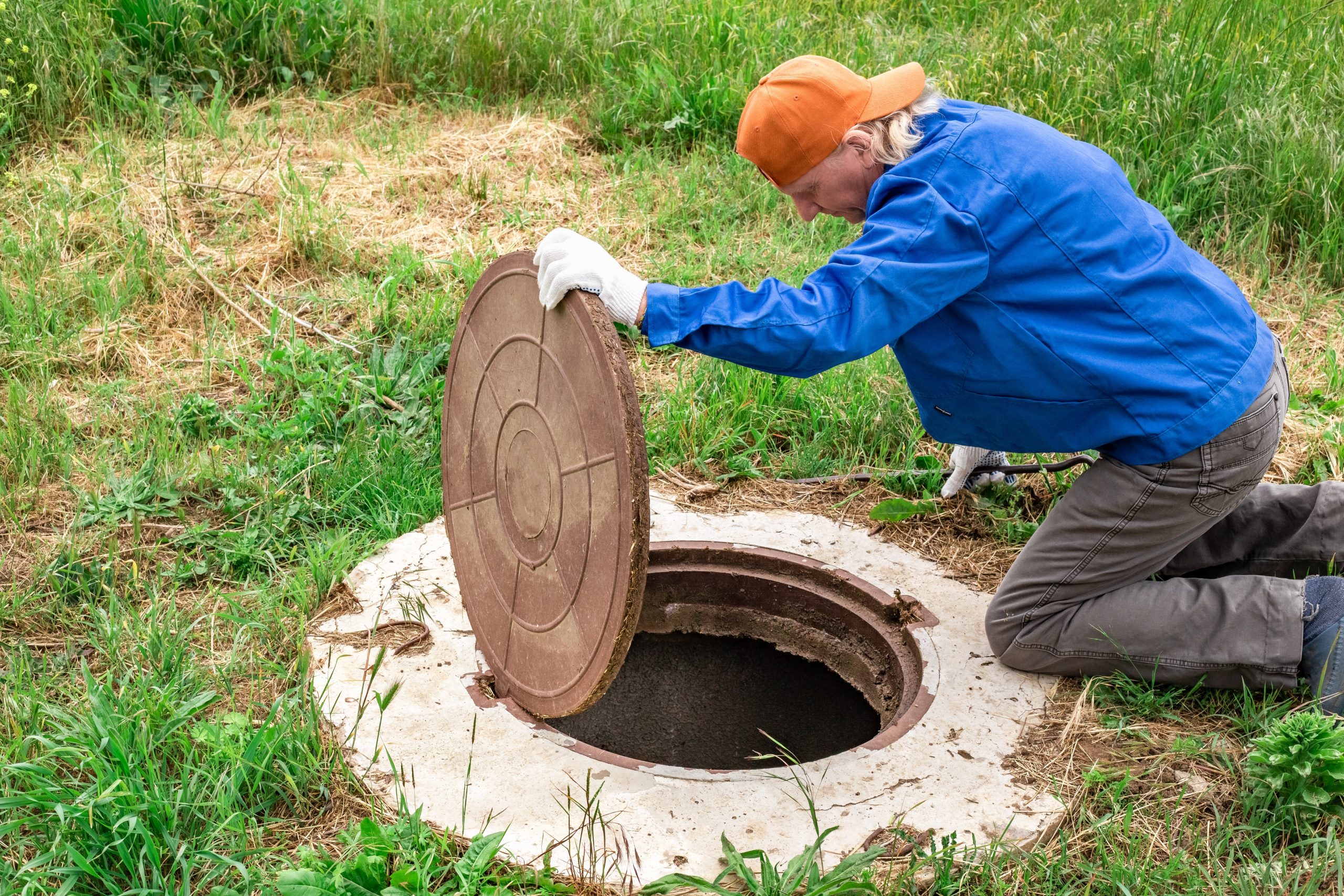A well-maintained septic system can provide efficient and effective waste management for many years. However, neglect or improper care can lead to costly repairs and system failures. For seniors, ensuring the longevity of a septic system not only saves money but also prevents the inconvenience and stress associated with septic issues. Here are some practical tips and insights for extending the life of your septic system.
1. Regular Inspections and Pumping
1.1. Schedule Regular Inspections: Regular inspections by a professional can help identify and address potential problems before they become serious issues.
Tips:
- Annual Inspections: Have your septic system inspected at least once a year to ensure everything is functioning correctly.
- Hire Professionals: Use licensed and experienced professionals to conduct thorough inspections and maintenance.
1.2. Pump the Tank Regularly: Pumping your septic tank removes sludge and prevents it from overflowing into the drain field.
Tips:
- Every 3-5 Years: The general recommendation is to pump your septic tank every 3 to 5 years, depending on the size of the tank and the number of household occupants.
- Keep Records: Maintain records of all inspections, pumping, and repairs to track the system’s maintenance history.
2. Water Conservation
2.1. Reduce Water Usage: Excessive water use can overload the septic system, causing it to fail.
Tips:
- Fix Leaks: Repair any leaking faucets, toilets, or pipes immediately to prevent unnecessary water flow.
- Efficient Fixtures: Install water-efficient fixtures such as low-flow showerheads, faucets, and toilets to reduce water consumption.
2.2. Spread Out Water Usage: Avoid overwhelming the system with large volumes of water in a short period.
Tips:
- Stagger Laundry Loads: Spread out laundry loads throughout the week rather than doing multiple loads in one day.
- Dishwasher Use: Run the dishwasher only when it is full to minimize water usage.
3. Proper Waste Disposal
3.1. Be Mindful of What You Flush: Only flush human waste and toilet paper. Other items can cause clogs and damage the septic system.
Tips:
- No Non-Biodegradable Items: Never flush non-biodegradable items such as wipes, sanitary products, diapers, or dental floss.
- Avoid Chemicals: Do not flush harmful chemicals, medications, or large quantities of household cleaners, as they can disrupt the bacterial balance in the tank.
3.2. Kitchen Waste Management: Be cautious about what goes down your kitchen sink.
Tips:
- Grease and Oils: Avoid pouring grease, oils, or fats down the sink, as they can solidify and clog the pipes.
- Garbage Disposal: Minimize the use of a garbage disposal, as it can add excessive solids to the septic tank. Compost vegetable peelings and other kitchen waste instead.
4. Protect the Drain Field
4.1. Avoid Overloading the Drain Field: The drain field is a critical component of the septic system that requires protection.
Tips:
- Limit Heavy Traffic: Do not park vehicles or place heavy objects on the drain field to avoid compacting the soil and damaging the pipes.
- Proper Landscaping: Plant grass or shallow-rooted plants over the drain field to prevent soil erosion. Avoid planting trees or shrubs whose roots could invade and damage the drain field.
4.2. Redirect Water Flow: Ensure that excess water does not saturate the drain field area.
Tips:
- Gutters and Downspouts: Direct gutters and downspouts away from the drain field to prevent excess water from entering the area.
- Landscape Grading: Grade the landscape to direct surface water away from the septic system components.
5. Regular Maintenance and Monitoring
5.1. Use Septic-Safe Products: Choose products that are safe for septic systems to maintain the bacterial balance in the tank.
Tips:
- Septic-Safe Cleaners: Use septic-safe household cleaners and detergents to avoid killing beneficial bacteria in the tank.
- Additives: While regular maintenance is more effective, consider using septic tank additives to boost bacterial activity if recommended by a professional.
5.2. Monitor System Performance: Keep an eye on the system’s performance and address any issues promptly.
Tips:
- Warning Signs: Watch for warning signs such as slow drains, gurgling sounds, sewage odors, or standing water near the drain field.
- Quick Response: Address any problems immediately to prevent minor issues from becoming major repairs.
